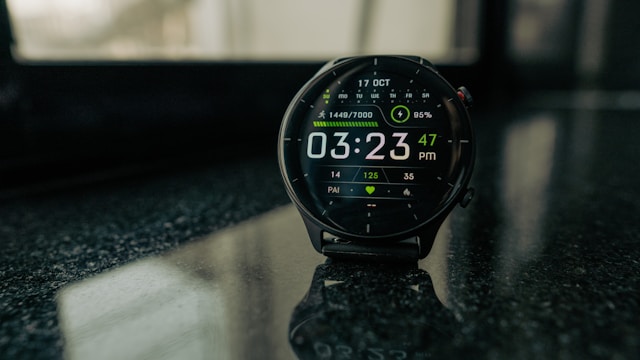In the digital age, health is increasingly intertwined with technology. Apps designed to track, motivate, and guide users are no longer just tools—they have become companions in our daily wellness routines. The way these applications engage users can directly influence how much attention we pay to our physical and mental well-being.
One of the driving forces behind effective health apps is the collaboration with skilled health app developers. These professionals understand both technology and human behavior, creating platforms that are intuitive, visually appealing, and psychologically motivating. By combining data tracking, gamification, and personalized insights, they encourage users to maintain consistent health habits.
Personalization and Data Tracking
Modern health apps excel at tailoring experiences to individual users. By analyzing metrics such as daily steps, heart rate, sleep patterns, and nutrition, the apps provide actionable insights specific to each person. This personalization ensures that users feel the recommendations are relevant, increasing adherence to healthier behaviors.
Additionally, apps can send reminders, celebrate milestones, and highlight progress, making abstract goals like “stay active” or “eat better” tangible and achievable. Users are more likely to stick with routines when they can see measurable results and receive personalized encouragement.

Photo by Aditya Rathod on Unsplash
Gamification and Motivation
Incorporating game-like elements has become a popular strategy to make health engaging. Points, badges, leaderboards, and challenges transform mundane activities into compelling experiences. Users often report higher motivation when they can compete with themselves or with friends, turning healthy habits into social and interactive activities.
Example Features of Gamified Health Apps
- Daily challenges: Simple tasks such as walking 5,000 steps or drinking enough water.
- Achievements and badges: Recognition for completing milestones and maintaining streaks.
- Progress tracking: Visual charts and graphs showing improvements over time.
- Social interaction: Sharing accomplishments with friends to encourage accountability.

Photo from Pexels
Behavioral Insights and Habit Formation
Health apps often use behavioral psychology to encourage positive routines. Features such as nudges, push notifications, and goal-setting are designed to make healthy choices easier and more automatic. By prompting users at the right time, apps can subtly integrate wellness into daily life without feeling intrusive.
Consistent engagement with these digital tools can help transform intentions into lasting habits. The apps support self-reflection, showing users which behaviors lead to better health outcomes, and fostering long-term commitment to personal wellness.
The Role of Community and Support
Many health applications integrate community features, forums, or peer support systems. Sharing experiences, tips, and achievements with a group of like-minded individuals enhances accountability and creates a sense of belonging. Users often feel more motivated when they know others are on similar journeys, making wellness a shared experience rather than a solitary effort.
Ultimately, health apps do more than track steps or calories—they influence behavior, mindset, and lifestyle. Thoughtfully designed platforms leverage data, psychology, and social interaction to make taking care of oneself engaging, rewarding, and sustainable. By integrating these apps into daily routines, users gain tools to stay healthier, more informed, and more motivated than ever before.

